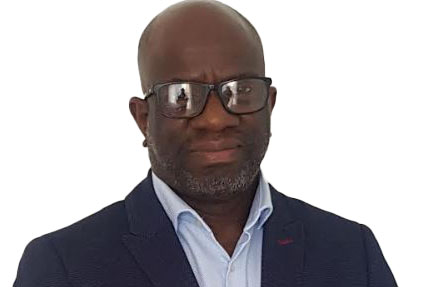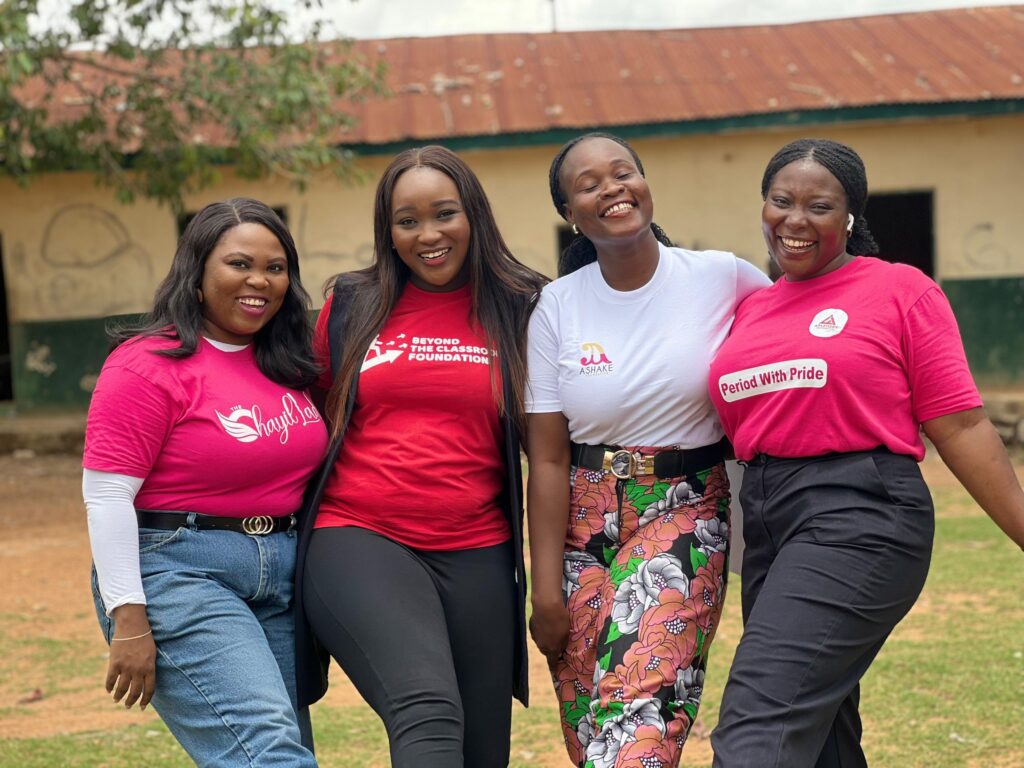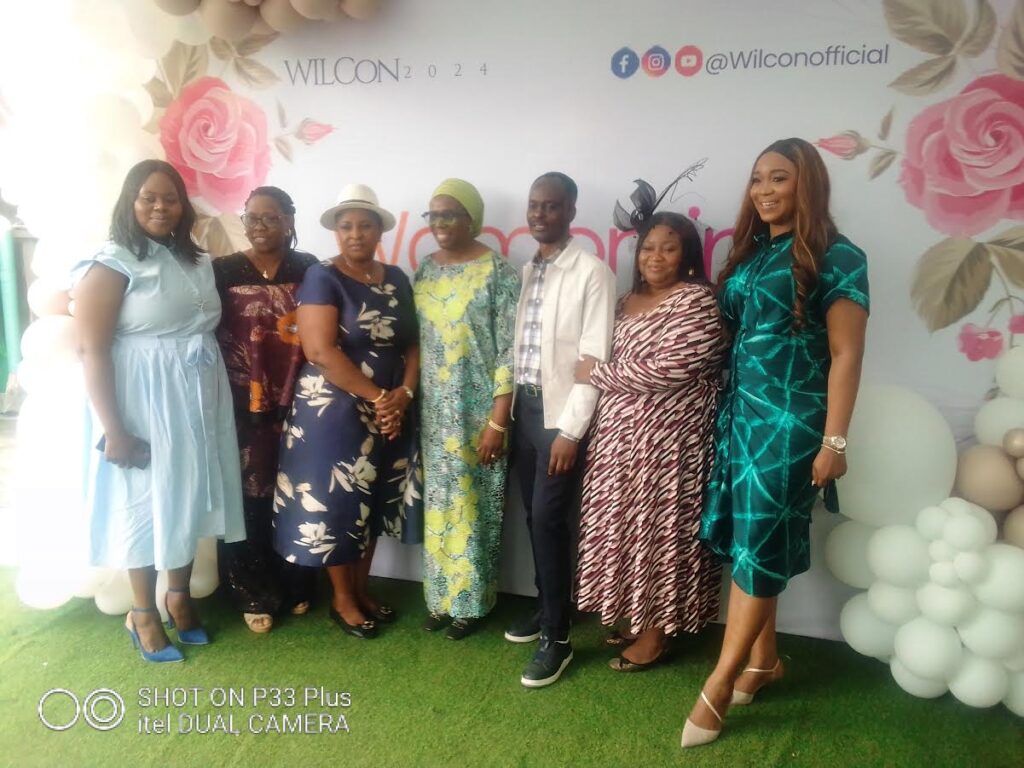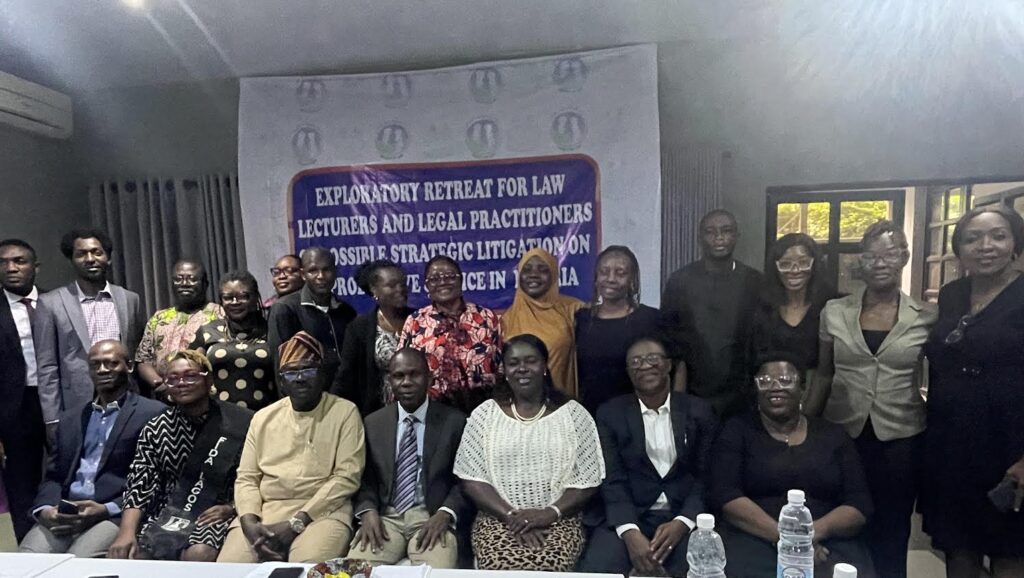
In a shocking development a few days ago, the Lagos State Ministry of Environment informed the people of the state about the discovery of 86 deplorable rooms under the Dolphin Estate Bridge in Ikoyi.
Tenants in these rooms pay N250,000 rent annually to some unlawful landlords. They also discovered several illegal settlements under the Osborne Bridge in Ikoyi. In the same week, the government announced the discovery of another unlawful slum settlement in different parts of Ikoyi, the most affluent suburb in Lagos State.
All the locations where these startling incidents occurred fall under the jurisdiction of the Eti-Osa Local Council. Is it possible to avoid these unsightly slum dwellings for many years? This makes the findings a hoax; never truly discovered. A wide variety of urban slums have sprung up across Lagos State, built by the impoverished who have no access to the city’s facilities and are mostly attracted to the city, orchestrated by the pull factors.
Unfortunately, Lagos State is ill-prepared and cannot accommodate them, leading to homelessness of the underprivileged. The low-income earners and urban poor housing crisis is becoming worse in Lagos State as a result of fast and unplanned urbanisation and a rise in the worldwide population from 7.9 billion in 2022 to eight billion on November 15, 2023.
One factor contributing to the rapid population growth in Lagos State is its rapid pace of urbanisation. The expansion has forced successive governments to address policy problems affecting affordable housing. Unfortunately, over the years, government housing policies have fallen short of adequately addressing housing deficiencies. Most affected are low-income earners, who make up the bulk of the population. Those in cities such as Lagos State, who are low-income earners and live in metropolitan areas, have taken a major hit, resulting in homelessness.
Every year, on the first Monday of October, we celebrate World Habitat Day to raise awareness about the housing crisis that low-income workers and the urban poor face. The day’s purpose is to urge governments to recognise and address these fundamental rights to adequate and sustainable housing. In Lagos State, one can find a lot of squatter communities. These urban slums did not spring up overnight. Slums and shantytowns in Lagos State are nothing new. These substandard areas, as well as the surrounding peri-urban edges, house the bulk of the low-income workers who service industries and Lagos State’s wealthiest residents.
The impact of slum settlements in Lagos State increased significantly in the early 1990s. Despite having the necessary resources, successive governments failed to address the issue due to lack of political will. The government of Lagos State must step up now to solve the housing crisis affecting low-income earners and the urban poor to reduce homelessness.
Urban growth and the low-income group’s constant demand for affordable housing pose a challenge to public goods in Lagos State, leading to a widespread housing crisis. The city’s prosperity and relative peace orchestrate the ongoing rural-urban drift towards the state, serving as a wake-up call that the state executive should not ignore. Low-income group and urban poor who are engaging in self-built makeshift shelter on an ad hoc basis anywhere and under the bridges are leading to an immense growth of spontaneous peri-urban slum structures.
Lagos State government should take advantage of this situation by appraising the 2015 housing policy draft, which was prepared by a 13-member ad hoc committee working under the auspices of the Ministry of Housing to reflect the realities of the current housing shortages and homelessness. The policy draft classified the importance of affordable housing and inclusiveness of low-income groups should be a focus of the government’s new urban expansion drive without further ignoring the poor and low-income earners in the city. Given their willingness to pay N250,000.00 for a makeshift cardboard box home without running water or electricity, the people living under the bridge likely had more disposable income to spend on a serviced, conventional public housing unit.
On October 2, 2023, Baku, Azerbaijan, hosted World Habitat Day 2023 under the theme ‘Resilient Urban Economies: Cities as Catalysts of Growth and Recovery’. A resilient city is one that can take damage, bounce back and get ready for what is to come. City resilience is a key component of long-term prosperity, quality of life and equitable development. Affordable housing for low-income families is one example of a sustainable policy that is essential for Lagos State to meet her economic, environmental, social and institutional obligations. The public and private sectors of Lagos State must work together to address the state’s housing affordability crisis by implementing an inner-city social housing development strategy and inspiring the vertical construction of affordable homes in different local councils that adhere to Lagos State’s planning requirements.
On a global scale, the community housing model of inner-city development has been successful in addressing low-income housing issues. It achieves this through a combination of a well-planned programme, creative processes, intentional performance measurement and people-oriented policies. Policymakers need to acknowledge that it is difficult to attract private financing for social housing development as investors or lenders look at their investment returns under risk scenarios that place a premium on a stable framework.
Lagos State government needs to redirect housing delivery towards social housing construction for low-income earners. By tackling the many factors that discourage lenders from providing mortgage finance, the state can play an enabling and facilitative role in the housing market within an appropriate regulatory framework.
A community housing model, along with the issuance of licences to register social landlords and contractors to regulate the delivery of affordable housing is a strategic method to alleviate the housing deficits, improve housing quality, and make housing more accessible to low-income earners and urban poor residents of Lagos State, who live in informal settlements. Community housing can provide the urban poor with a home that is both good and equipped with basic necessities.
The government should consult with housing specialists to develop a social housing delivery mechanism that is accessible to all. Those involved in affordable housing discussions are often not actual housing professionals. The government should extend home ownership assistance to lower and middle-income groups that cannot afford homes independently. As a result of rising urbanisation and poverty, the number of homeless people in Lagos State has skyrocketed over the last decade. About eight per cent of the global population gets by every day on less than $2.15 USD, while 23 per cent live on less than USD 3.65, and 47 per cent live on less than $6.85 USD. Home ownership or renting has become unaffordable in urban areas due to poverty.
Six out of 10 people will live in cities by 2030, according to UN-HABITAT. However, the housing market is unaffordable for urban poor residents. Currently, roughly 1.6 billion people is living in substandard housing and 15 million people facing forced eviction yearly, either due to land gentrification or from private landlords. I have faith in Governor Babajide Sanwo-Olu’s desire to make a real difference in Lagos State, and I urge him to use his exemplary leadership to tap into the private sector and housing specialists in order to find a long-term solution to the state’s housing crisis.
The struggle continues for the victims of under-the-bridge dwellers who have faced eviction without any provision for temporary accommodation, at least to provide them with assistance.
• Dr. Ogunjobi, an advocate of social housing and an expert in construction and property development based in the United Kingdom, wrote through ogunjobih@gmail.com.













